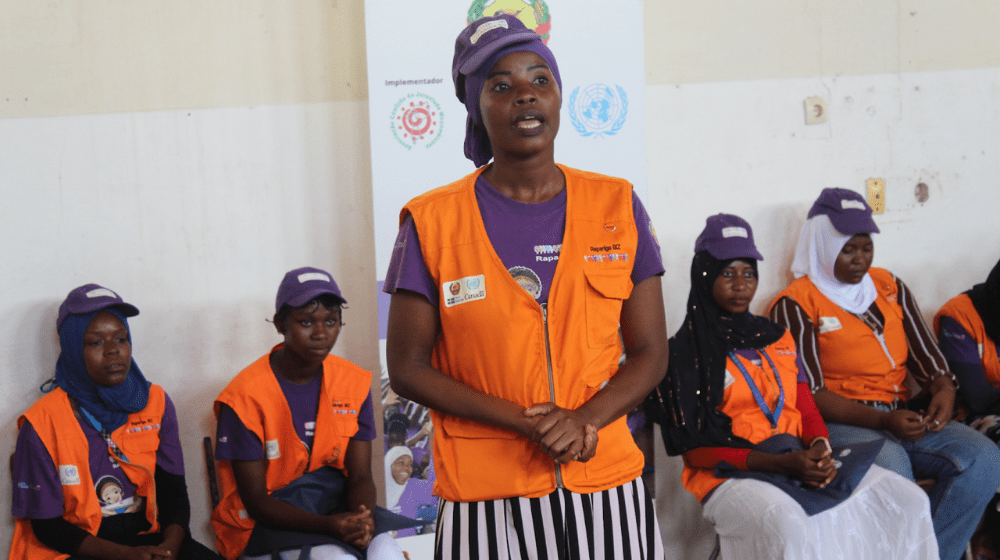“I was forced by my stepmother to marry when I was still young, but when I joined the mentorship sessions, I was made aware of my rights and made the decision to report the case,” said Tina Carlos, (20). These statements were shared during a joint visit to Nampula by delegates from the Canadian High Commission and the Embassy of Sweden, along with UNFPA, UNICEF, UN Women, UNESCO, and implementing partners.
Tina proudly stated that she considers herself an empowered young woman, since as a mentor she has been supporting girls and young women in Ilha de Moçambique to be aware of their rights and sexual and reproductive health (SRH). “As a mentor, I know where to turn in case my rights are violated, and today I am a stronger girl, thanks to the project,” said the young woman.
In Nampula province, at least 600 girls and young women have been trained as part of Rapariga Biz, a program funded by the Governments of Canada and Sweden, and the multi-donor UNFPA-UNICEF Joint Global Program to End Child Marriage to empower adolescent girls and young women to prevent child marriage and early and unwanted pregnancies.
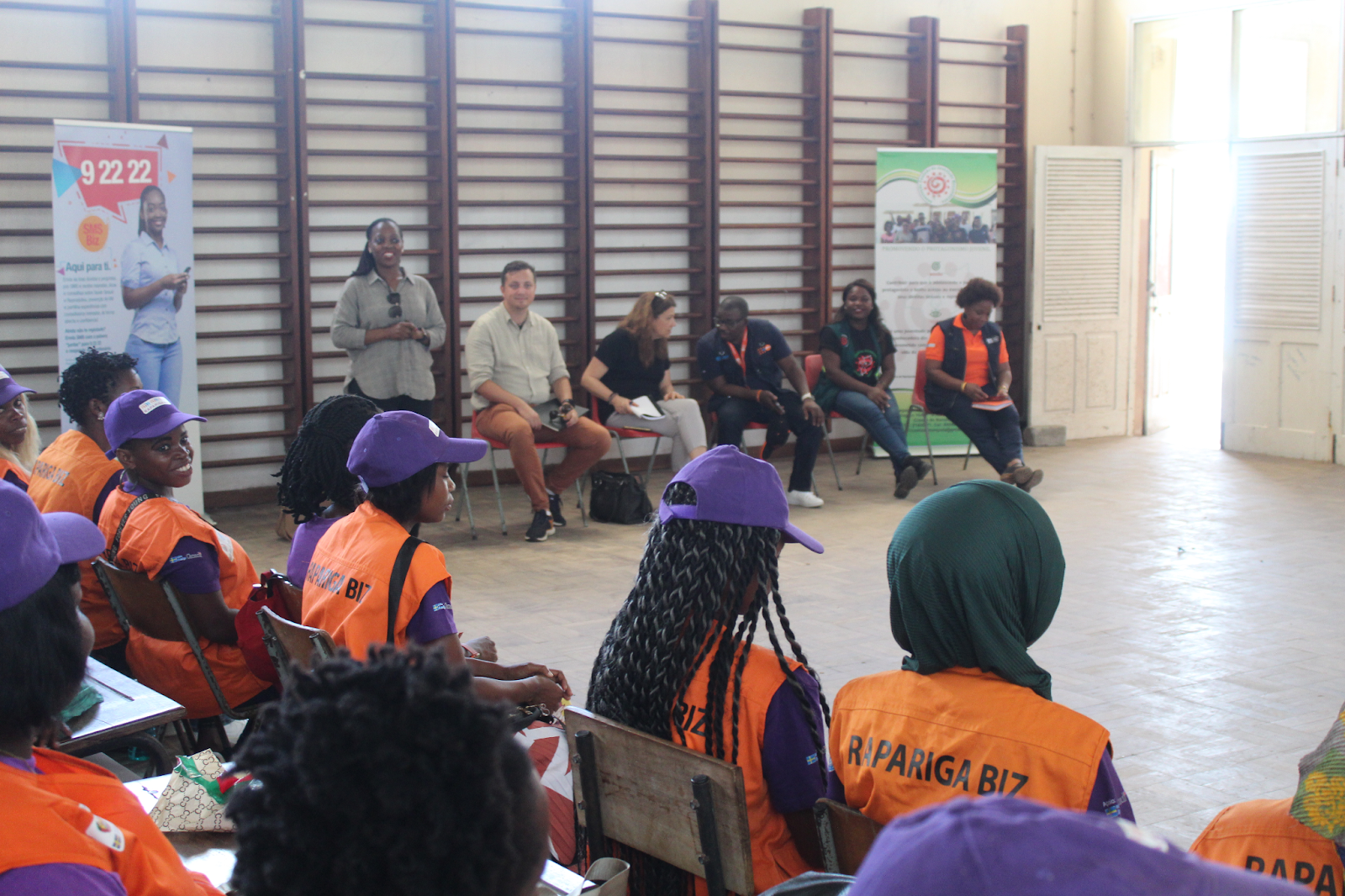
The young women mentors shared with the visitors their experiences of working to create demand for SRH services. In addition, they informed them how the project's support has been changing their lives and the lives of girls and women in their communities. For example, Mariamo Sumalgy (19), a mentor in Ilha de Moçambique, said that she feels more informed of her rights and empowered to support other girls in accessing information about their sexual and reproductive rights.
The mission was intended to allow the visiting delegation to monitor and explore the development and impact of the program's interventions in Nampula. “I am delighted to see how the various UN agencies work together with the girl at the center. It's all about the girls and their needs. I found this program very impressive,” said Ulrika Hertel, Senior Policy Specialist, Health and SRHR at the Swedish International Development Cooperation Agency (Sida), at the end of a three-day visit (14-16 March 2023).
Several interventions were evidenced that have been contributing to the reduction of early marriage and unwanted teenage pregnancy. During the visits to the health units, the delegates learned that the Central Hospital of Nampula has an integrated family planning unit, where all girls and women who seek health services are reached, and that, on average, more than 80 girls and women per month seek contraceptives.
At the districts visited (Monapo, Meconta, and Ilha de Moçambique), the local health services reported that thanks to support from the Governments of Sweden and Canada, information about SRH services is available not only at health facilities but also at the community and school level through mobile clinics and dialogues.
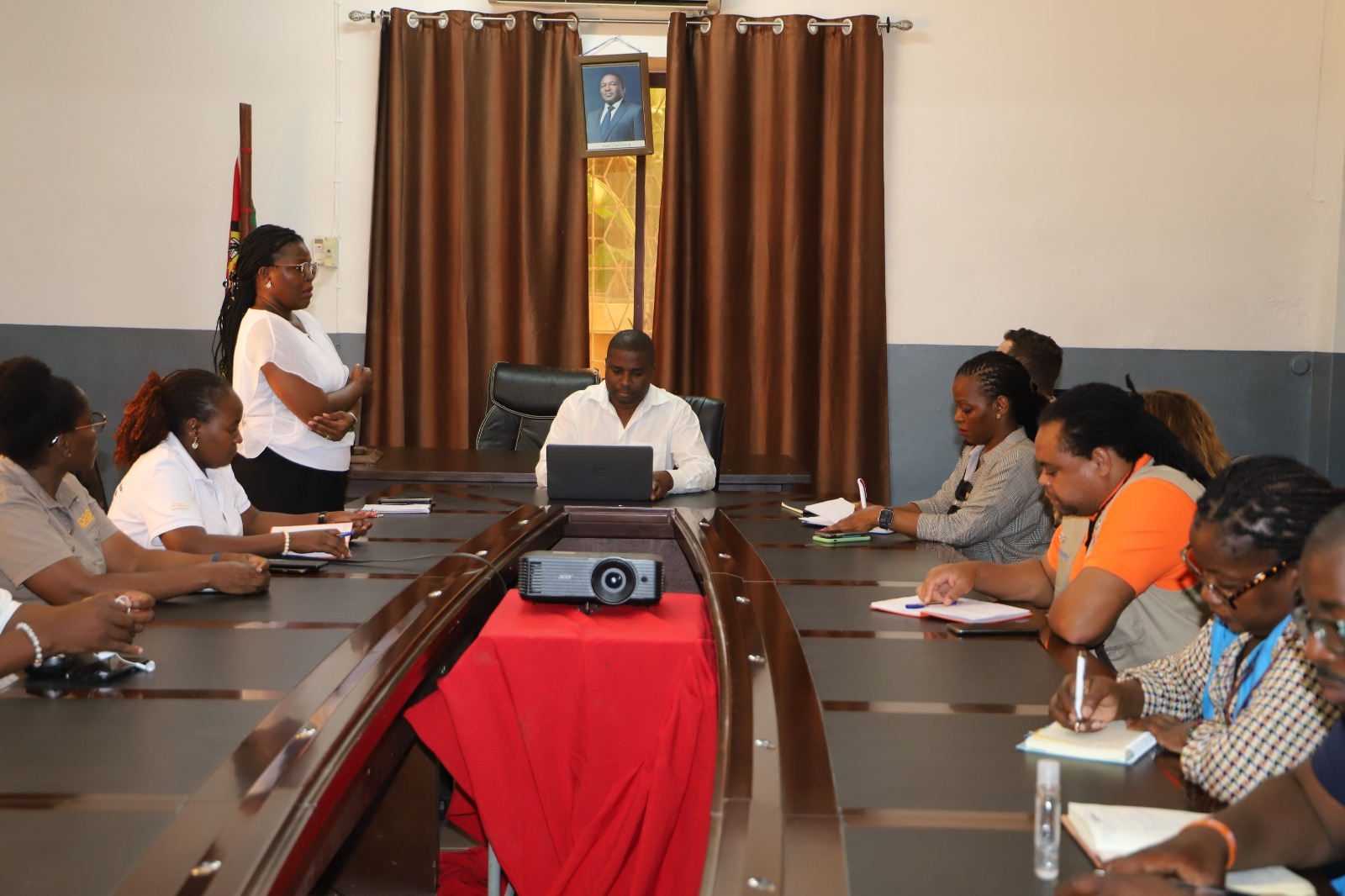
The visits to the project’s interventions were preceded by an interaction with local governments, in which the delegates were informed of the significant contribution of the program for the empowerment of girls and a wider awareness of their sexual and reproductive rights. Regardless of the Rapariga Biz program’s visible efforts, through a holistic and multi-sectoral life skills approach, Ulrika Hertel acknowledged that there is still some work to be done to achieve the project's goal to empower girls and young women in the provinces of Zambezia and Nampula to avoid early pregnancies and forced marriages.
“I think there is a need to involve local communities more because if you want to have more sustainable changes, you need to have the community participate. We need to have local stakeholders, and the government should be at the forefront,” she commented.
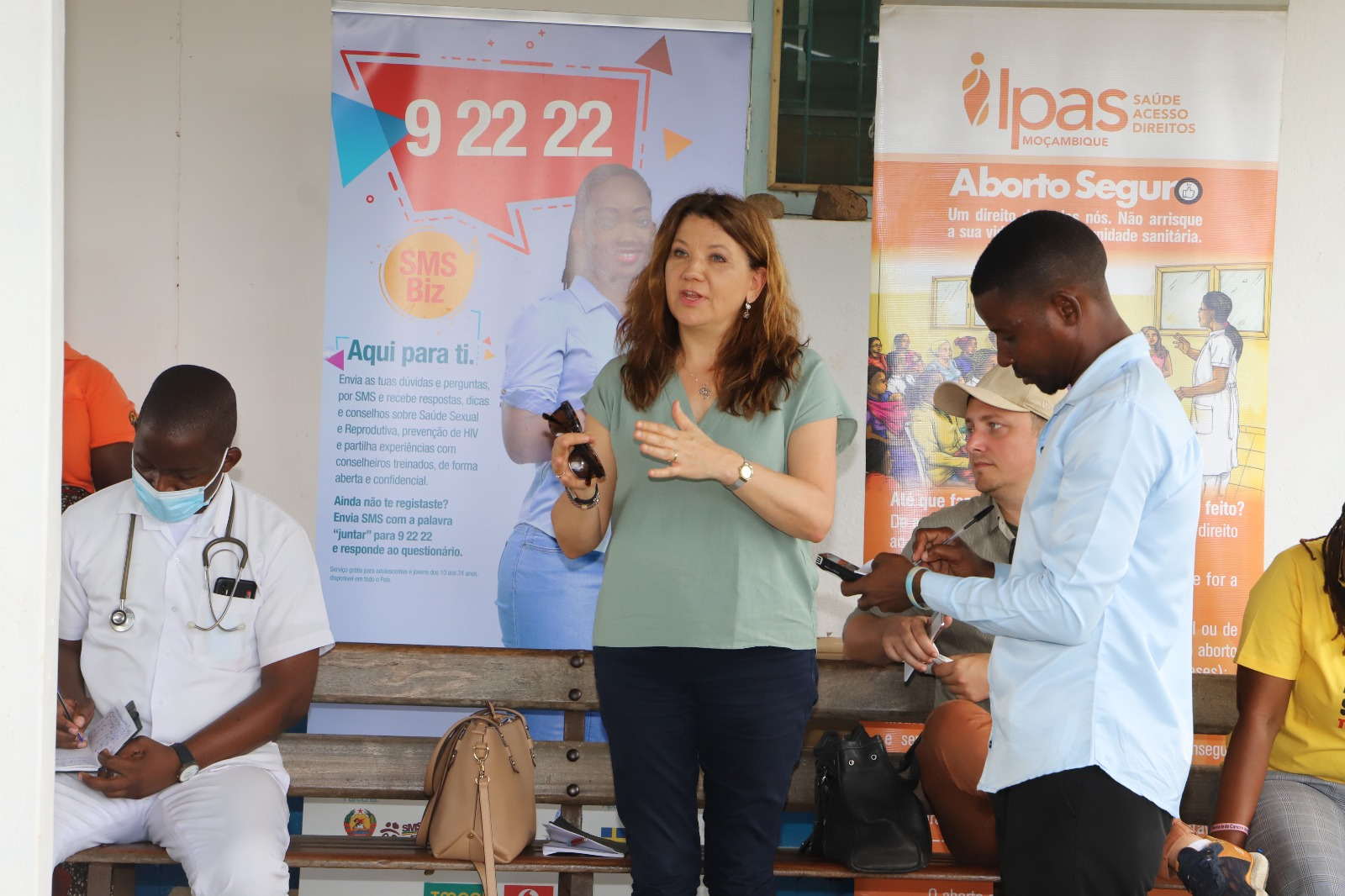
The importance of engaging men and boys
Involving boys, in particular, in protecting the sexual and reproductive rights of girls is an approach that has been successfully tested under the Rapariga Biz program. And the results show that boys and men play an important role. Aware of this, the delegation attended a mentoring session for boys as part of the Rapariga Biz project. There was an interaction with the mentees, recently recruited for the new sessions, and they shared their expectations of influencing social change in their communities.
Ulrika Hertel thinks this approach is very positive and should be replicated. “For the next phase, I think it will be good to have more boys involved because if we want to improve the situation for girls, we need to have men and boys involved and active,” Hertel advised and justified: “because otherwise, we won't have the change we want to achieve gender equality and equity”.
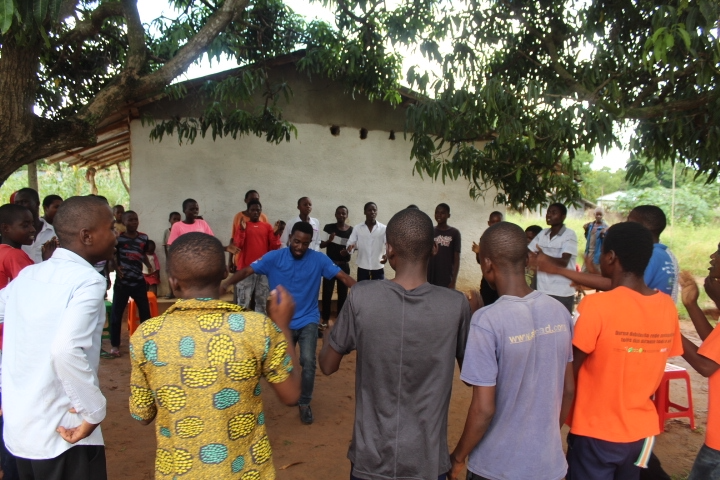
Mobile clinics, a lifeline for women in the remote district of Meconta
Through the work being carried out by the young mentors, the Rapariga Biz program is also creating demand for SRH services in remote communities, where reaching a health facility is still a big challenge. As a response to this reality, mobile clinics are traveling long distances to provide sexual and reproductive health for girls and women.
The visitors were able to see the work done by the mobile clinic, where they learned about the health services being provided to more than two dozen women who were waiting patiently in a queue. The mission team also learned that, twice a week, the mobile clinic travels long distances to provide sexual and reproductive health services to girls and women in the Meconta district.
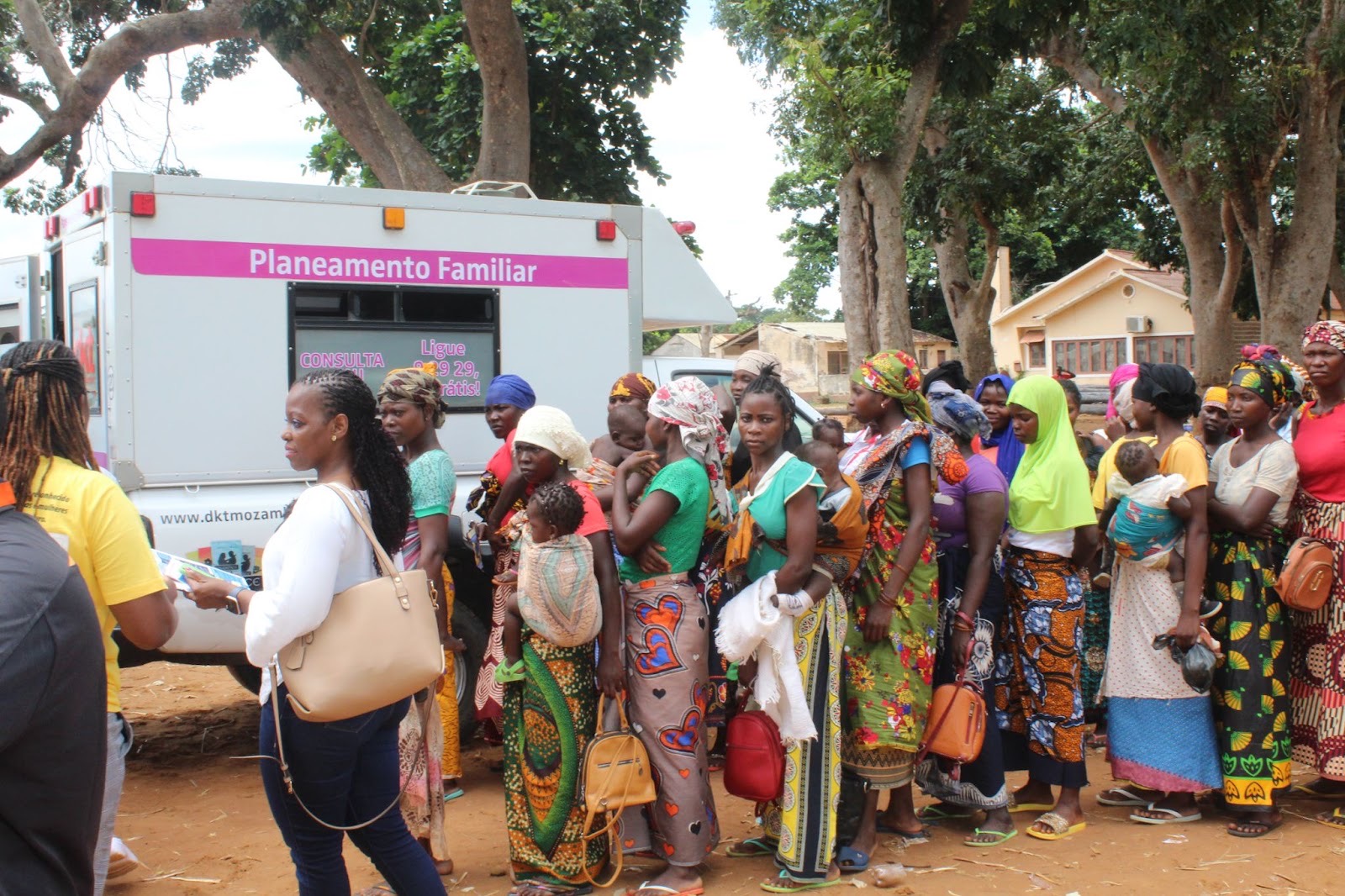
The district government has recognized that it is still a huge challenge to ensure that the population travels less than 8 kilometers to access health services. Currently, on average, girls and women are forced to travel 35 kilometers to access SRH services at the health facilities closest to their communities. However, mobile clinics have been of great value in addressing the demand for these services.
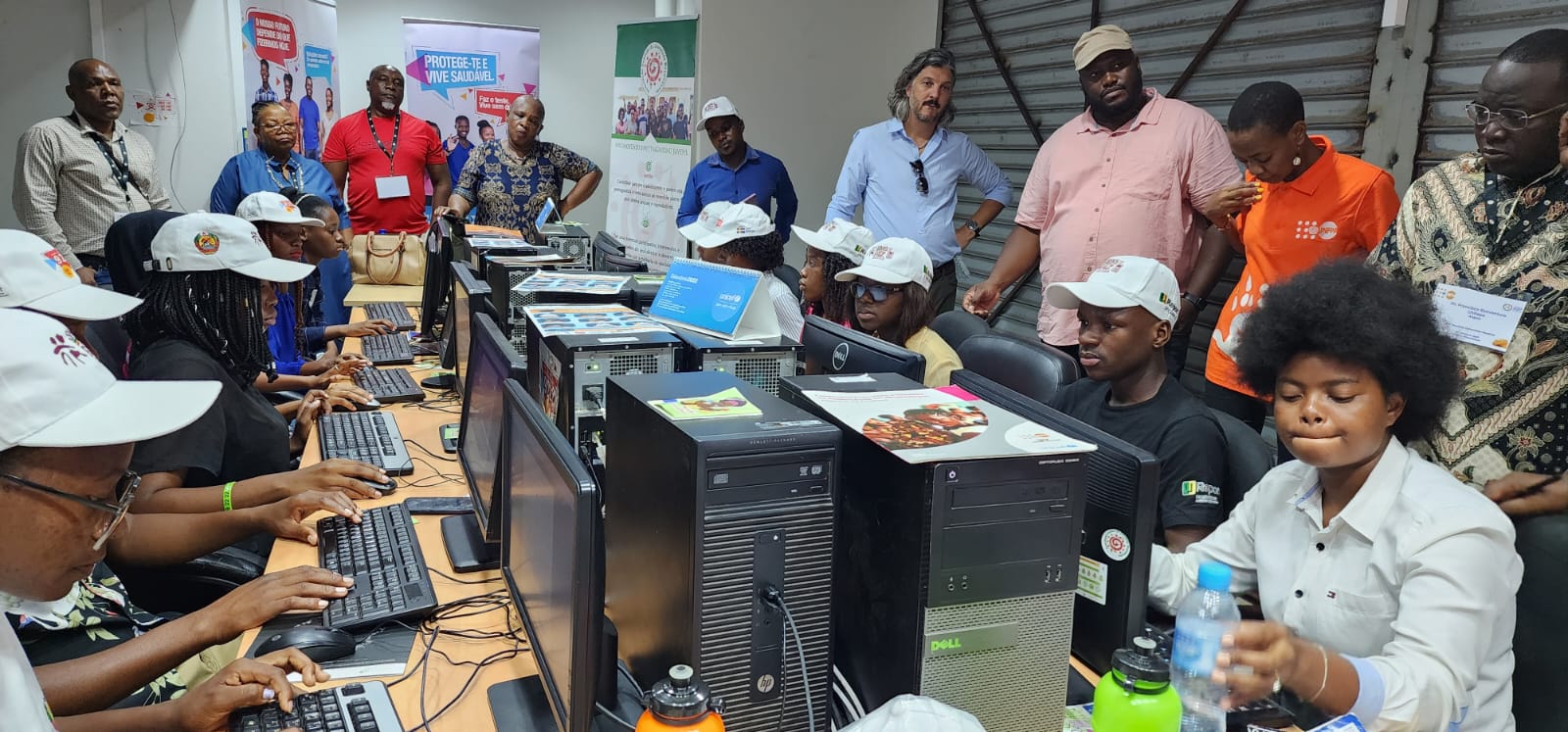
To end the visit, the delegation had the opportunity to learn how SMSBiz works, a platform operated by youth that allows adolescents and young people to send their questions or concerns and receive answers remotely. Currently, the platform has 612 thousand users, and the most frequent questions are related to sexual and reproductive health, with an average of 300 messages per month.

